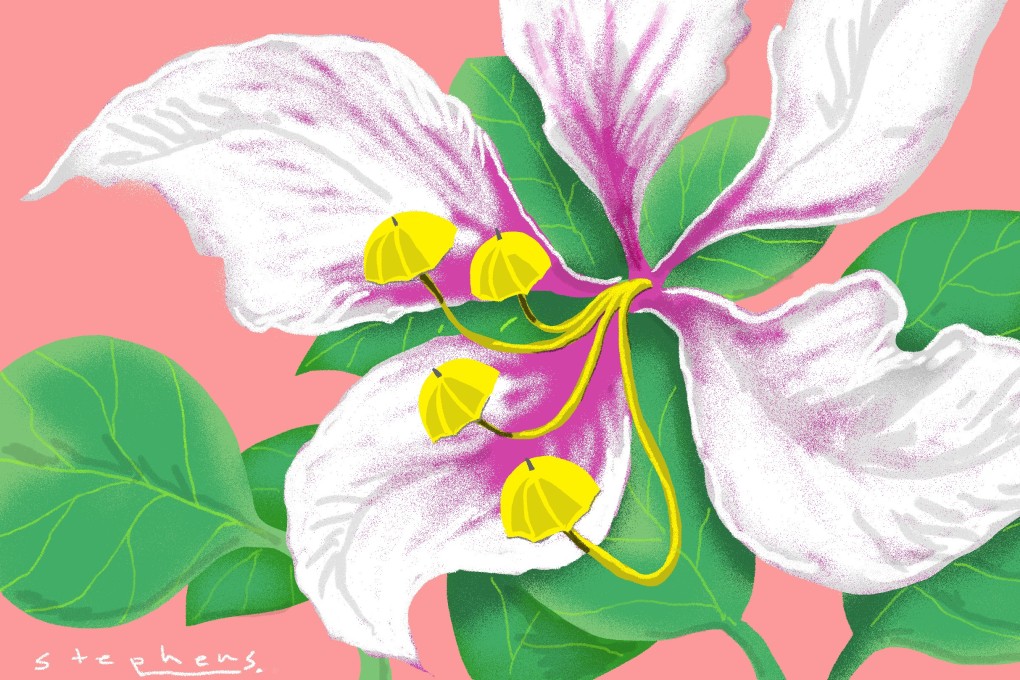Opinion | The Occupy leaders have been jailed, but questions about democracy for Hong Kong won’t fade away
- Beyond the debate on whether the sentences for eight leaders of the pro-democracy protests of 2014 were just, Hong Kong will still have to grapple with questions about the limits of free expression, the role of civil disobedience, and the prospects for democracy here

Predictably, opponents of the Occupy movement viewed the sentences as too lenient and supporters thought them too harsh. Given those reactions, the judge, Johnny Chan Jong-herng, might feel he got the balance right. He imposed a range of sentences and showed some compassion, notably in the case of Reverend Chu Yiu-ming, 75, whose 16-month jail term was suspended due to his age, poor health and many years of service to society.
But the focus will be on the immediate prison terms for people who were advocating peaceful, if unlawful, protest. They had said they were prepared to accept the legal consequences of their actions – and have now had to do so. But the sending of academics and activists to jail in such circumstances makes for an unedifying spectacle.
